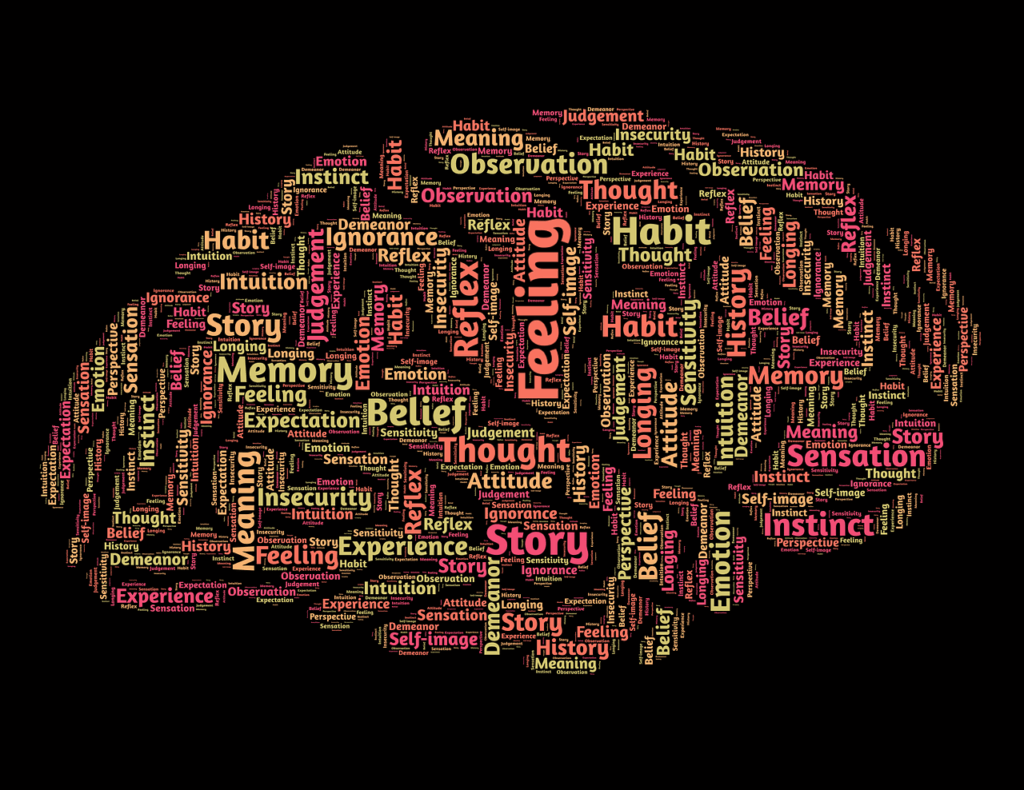Meditation is a practice that has been embraced by millions of people around the world for its powerful and transformative effects. Research has shown that meditation can have a profound impact on the brain, leading to lower stress levels and improved emotional well-being. This article aims to explore how meditation influences the brain and its connection to emotional resilience.
Over the years, meditation has transitioned from being considered an alternative practice to being widely accepted in mainstream society. Recent research has demonstrated that even beginners can experience immediate positive changes in their brain through meditation. One key benefit is the strengthening of connections between the left prefrontal cortex (PFC) and the amygdala, leading to enhanced emotional resilience.
Neuroscience has shed light on how our emotions and happiness are regulated by different regions of the brain. The prefrontal cortex, in particular, plays a crucial role in modulating emotions and controlling our responses to various stimuli. By strengthening the connections between the PFC and the amygdala, individuals can better manage negative emotions and maintain internal balance.
Studies on experienced meditators, such as Lama Oser, have shown that heightened left-to-right brain activity, indicative of a strong connection between the prefrontal cortex and amygdala, can lead to increased capacity for happiness. This highlights the transformative potential of meditation on emotional well-being.
Through mindful observation and nonjudgmental awareness, meditation allows individuals to resist emotionally charged thoughts and cultivate a stronger connection between the prefrontal cortex and amygdala. This, in turn, leads to greater emotional resilience and a reduced response to fear and anxiety.
Regular meditation practice has been linked to a decrease in fear and anxiety by regulating activity in the amygdala. This results in strengthened feedback loops between the frontal lobe and limbic brain, promoting emotional resilience and well-being. Research has also shown that meditation can lead to physical changes in the brain, particularly in regions associated with executive functioning and stress response.
By shifting brain waves into an alpha state through meditation, individuals can experience deep relaxation and alleviate symptoms of stress. This creative state of the brain fosters a sense of calm and balance, promoting overall well-being.
In conclusion, the benefits of meditation are vast, ranging from lower stress levels and improved brain health to increased dopamine levels and enhanced immune function. By cultivating a regular meditation practice, individuals can harness the power of their brain to promote emotional well-being and cognitive functioning. Meditation offers a pathway to self-discovery and personal growth, empowering individuals to lead healthier, more balanced lives.
Written by Oska Phoenix

